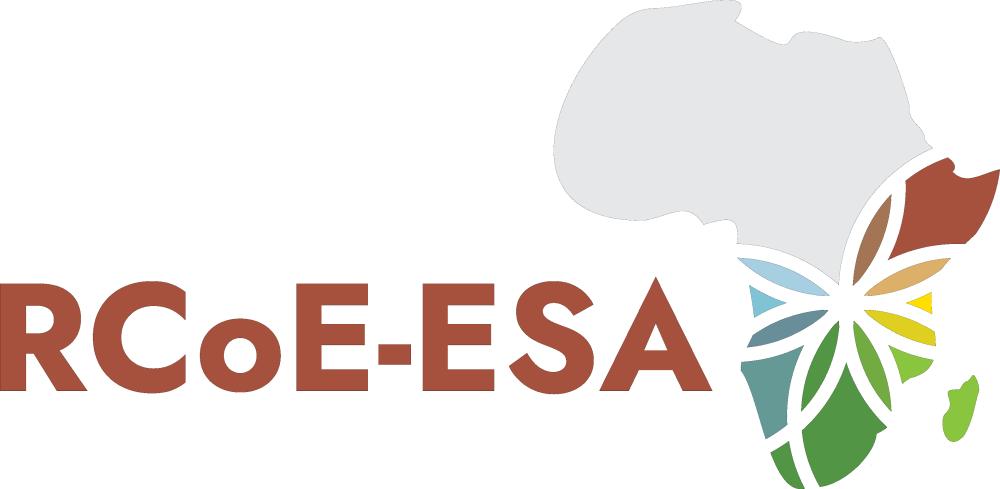 Translate
Translate
News
Community-led Action Drives Sustainable Development in Eswatini
20 November 2025
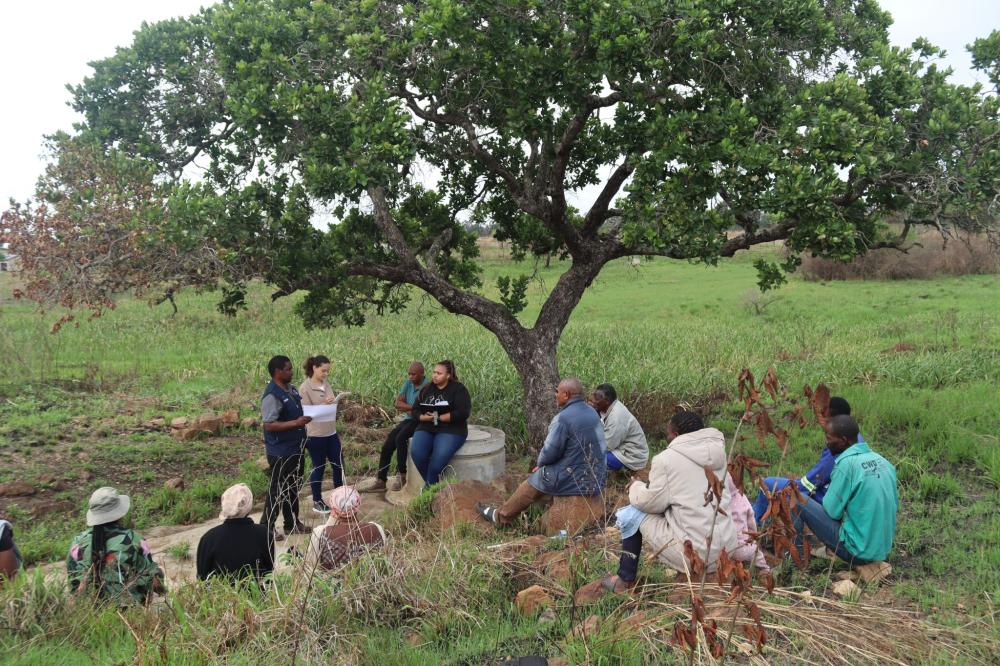
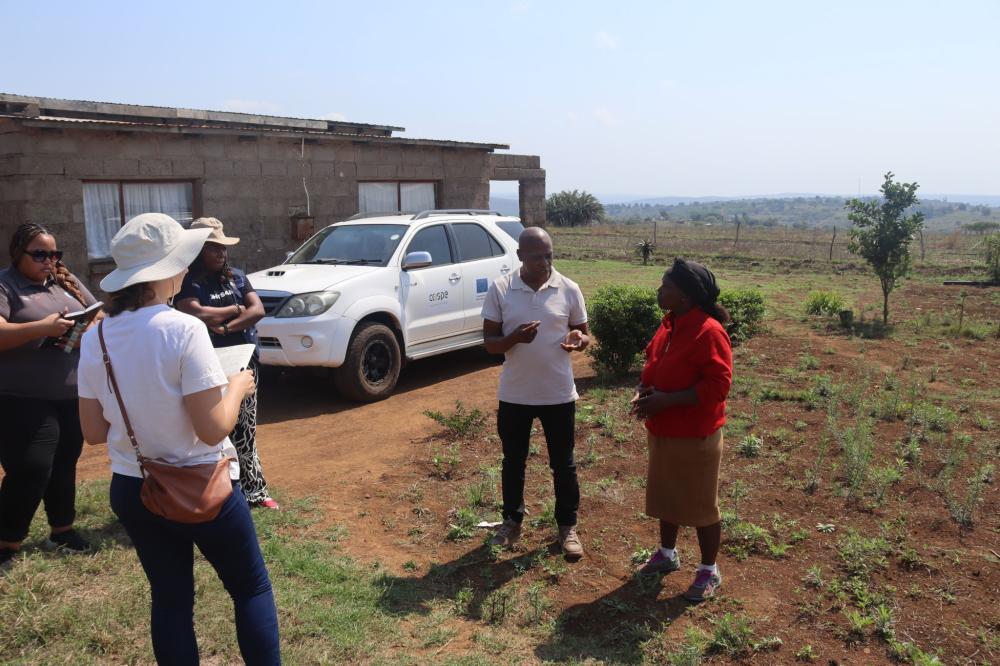
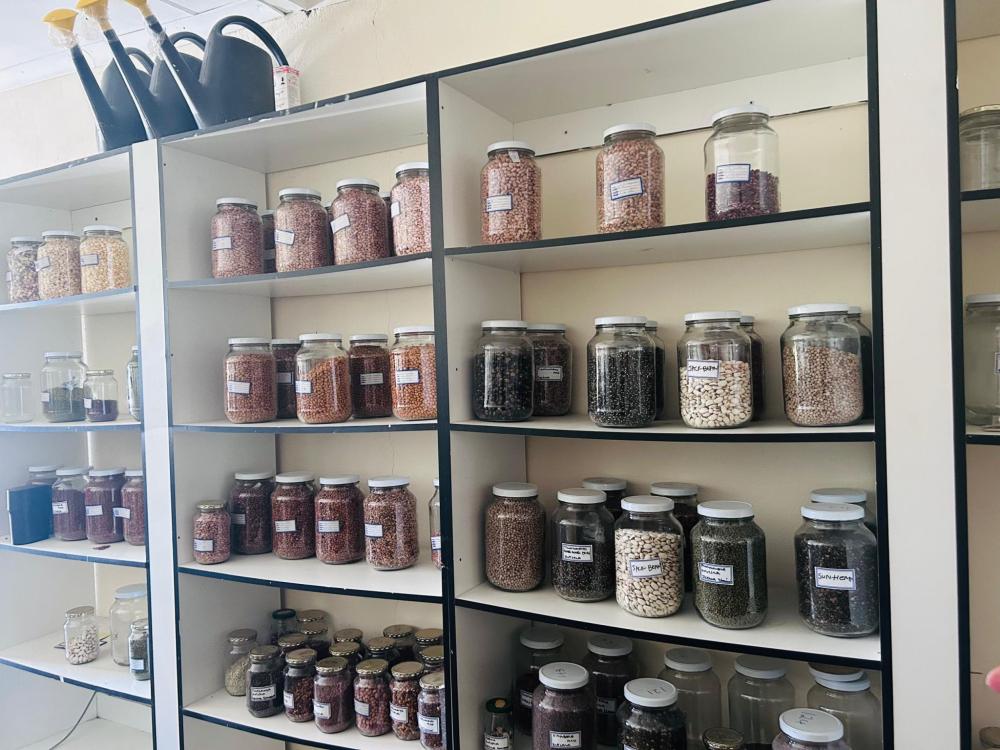
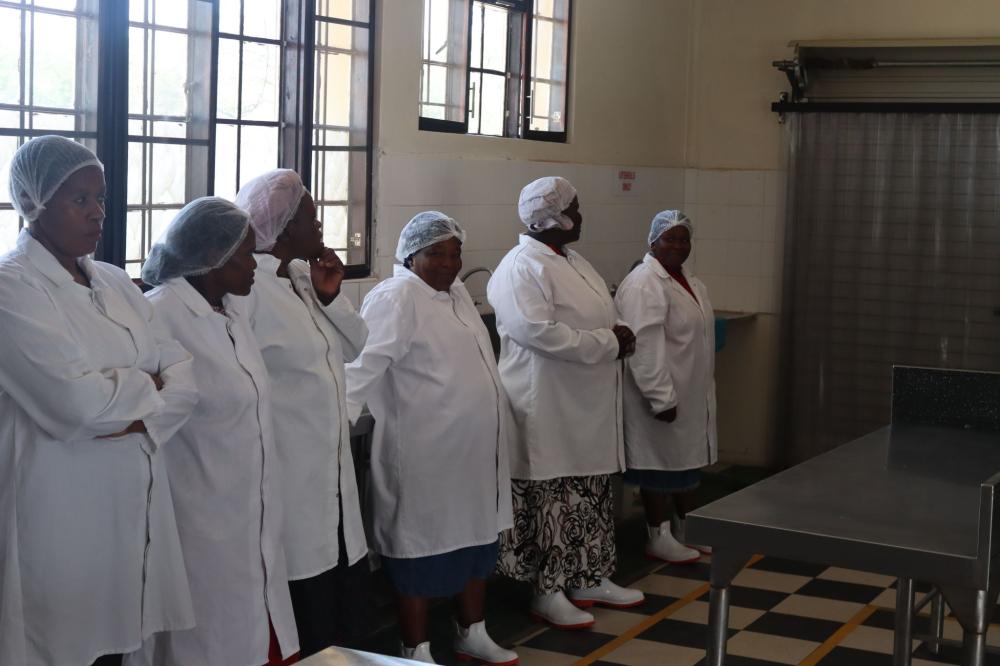
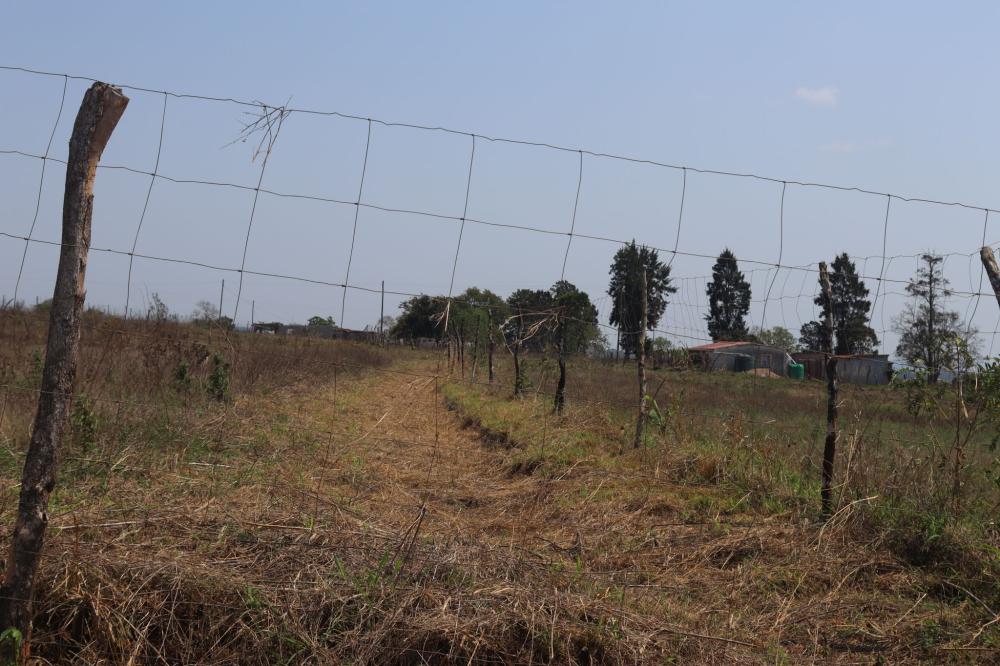
In mid-October 2025, the SADC/GIZ Climate Resilience and Natural Resource Management (C-NRM) Programme conducted a monitoring and evaluation (M&E) visit to the Lubombo Transfrontier Conservation Area (TFCA), Eswatini component. The mission, carried out in partnership with Cooperazione per lo Sviluppo dei Paesi Emergenti (COSPE), assessed progress made in strengthening climate resilience, livelihoods, and natural resource management across communities in Maphungwane, Mpolonjeni, Langa, Shewula, Lomahasha, and Mhlumeni.
Since 2021, COSPE has been implementing a community-driven approach that integrates agroecology, water management, and small-scale enterprise development to enhance climate adaptation and biodiversity conservation. Supported by the C-NRM Programme, the initiative demonstrates how locally led adaptation can drive tangible results in conservation landscapes.
More than 500 farmers, many of them women, have been trained in agroecology and agroforestry. Through a network of 20 demonstration farmers, knowledge is shared among peers, leading to improved yields, reduced production costs, and increased income. As one farmer shared, using organic practices doubled their maize production and eliminated the need for costly fertilizers.
Three community processing centres now operate under the Eco-Lubombo Products brand, producing chili sauce, honey, and legume-based foods. Supported by COSPE, these centres have achieved certification for formal markets for some of their products. The initiative empowers rural women, strengthens food safety, and connects 80 small-scale producers creating a growing ecosystem of sustainable rural enterprises.
Community-owned seed banks preserve and exchange locally adapted seed varieties, ensuring food security and resilience against climate change. Partnerships with Eswatini’s national gene bank and private sector actors aim to expand these initiatives to national and regional markets and make them economically viable.
In Shewula and Lomahasha, Local Adaptation Plans (LAPs) have brought lasting improvements to water access and ecosystem restoration. Communities have protected springs and wetlands, introduced water taps for access to safe drinking water to multiple households , and observed the return of native vegetation. These LAPs are now recognized at chiefdom level as a key planning and coordination tool, helping communities attract external funding and guide local development.
Through school nature clubs and the Sunshine Cinema initiative, youth across 14 high schools in the three partner countries are taking an active role in environmental awareness. Students organise clean-ups, screen educational films, and exchange with peers across Mozambique and South Africa, strengthening the TFCA’s cross-border spirit.
The mission reaffirmed that COSPE’s integrated approach, linking agriculture, enterprise, education, and water management creates measurable benefits for people and nature alike. The visit also highlighted the need to enhance visibility and resource mobilization, and to revive trilateral forums under the Lubombo TFCA for stronger cross-border collaboration and sustainable finance opportunities.
As communities continue to lead adaptation efforts, the Lubombo TFCA stands as a model of how locally rooted action, supported by regional cooperation, can build a resilient future for Southern Africa’s shared landscapes.
For more information contact: Bheki Bulunga on bheki.bulunga@cospe.org or Mara Gellner on mara.gellner@giz.de
Since 2021, COSPE has been implementing a community-driven approach that integrates agroecology, water management, and small-scale enterprise development to enhance climate adaptation and biodiversity conservation. Supported by the C-NRM Programme, the initiative demonstrates how locally led adaptation can drive tangible results in conservation landscapes.
More than 500 farmers, many of them women, have been trained in agroecology and agroforestry. Through a network of 20 demonstration farmers, knowledge is shared among peers, leading to improved yields, reduced production costs, and increased income. As one farmer shared, using organic practices doubled their maize production and eliminated the need for costly fertilizers.
Three community processing centres now operate under the Eco-Lubombo Products brand, producing chili sauce, honey, and legume-based foods. Supported by COSPE, these centres have achieved certification for formal markets for some of their products. The initiative empowers rural women, strengthens food safety, and connects 80 small-scale producers creating a growing ecosystem of sustainable rural enterprises.
Community-owned seed banks preserve and exchange locally adapted seed varieties, ensuring food security and resilience against climate change. Partnerships with Eswatini’s national gene bank and private sector actors aim to expand these initiatives to national and regional markets and make them economically viable.
In Shewula and Lomahasha, Local Adaptation Plans (LAPs) have brought lasting improvements to water access and ecosystem restoration. Communities have protected springs and wetlands, introduced water taps for access to safe drinking water to multiple households , and observed the return of native vegetation. These LAPs are now recognized at chiefdom level as a key planning and coordination tool, helping communities attract external funding and guide local development.
Through school nature clubs and the Sunshine Cinema initiative, youth across 14 high schools in the three partner countries are taking an active role in environmental awareness. Students organise clean-ups, screen educational films, and exchange with peers across Mozambique and South Africa, strengthening the TFCA’s cross-border spirit.
The mission reaffirmed that COSPE’s integrated approach, linking agriculture, enterprise, education, and water management creates measurable benefits for people and nature alike. The visit also highlighted the need to enhance visibility and resource mobilization, and to revive trilateral forums under the Lubombo TFCA for stronger cross-border collaboration and sustainable finance opportunities.
As communities continue to lead adaptation efforts, the Lubombo TFCA stands as a model of how locally rooted action, supported by regional cooperation, can build a resilient future for Southern Africa’s shared landscapes.
For more information contact: Bheki Bulunga on bheki.bulunga@cospe.org or Mara Gellner on mara.gellner@giz.de










